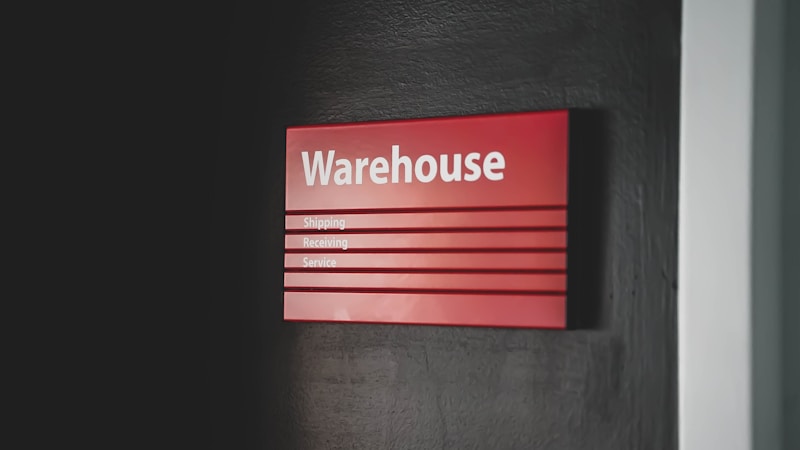Questions and Answers
What does macroeconomics analyze?
Interactions between production, consumption, saving, and investment
What does microeconomics analyze?
Interactions between individual agents and markets
What is the distinction between positive economics and normative economics?
Positive economics describes 'what is', while normative economics advocates 'what ought to be'
Where can economic analysis be applied?
Signup and view all the answers
What does mainstream economics focus on?
Signup and view all the answers
What is the primary focus of microeconomics?
Signup and view all the answers
What is one of the goals of microeconomics?
Signup and view all the answers
In what way does microeconomics differ from macroeconomics?
Signup and view all the answers
What does microeconomics show conditions for?
Signup and view all the answers
What has much of modern macroeconomic theories been built upon in the wake of the Lucas critique?
Signup and view all the answers
Study Notes
Macroeconomics
- Analyzes the behavior of economies as a whole, focusing on aggregate indicators such as GDP, unemployment rates, and inflation.
- Investigates large-scale economic phenomena and the interrelations between different sectors within an economy.
Microeconomics
- Examines individual consumers and producers, understanding their interactions and decision-making processes.
- Focuses on market mechanisms, pricing strategies, and the allocation of resources on a smaller scale.
Positive vs. Normative Economics
- Positive economics describes and explains economic phenomena without making judgments, focusing on factual statements about what is.
- Normative economics incorporates value judgments and opinions about what the economy should be like, recommending policies based on ethical considerations.
Applications of Economic Analysis
- Can be applied in various fields such as business, government policies, education, health care, and environmental management.
- Useful for informing decisions in both public and private sectors, understanding market dynamics and consumer behavior.
Mainstream Economics
- Centers on the neoclassical theories that emphasize market equilibrium, rational behavior, and the efficiency of free markets.
- Investigates how individuals and businesses make choices within the framework of supply and demand.
Primary Focus of Microeconomics
- Aims to understand how households and firms make decisions regarding resource allocation, pricing, and consumption.
- Examines how market structures (perfect competition, monopoly, etc.) impact economic outcomes.
Goals of Microeconomics
- One key goal is to analyze the conditions under which markets operate efficiently and to identify instances of market failure.
- Seeks to understand consumer behavior and producer behavior in order to promote effective resource utilization.
Differences Between Microeconomics and Macroeconomics
- Microeconomics is concerned with individual units within the economy, while macroeconomics looks at the economy on a broad scale.
- Microeconomic analysis often involves detailed investigation of specific industries, whereas macroeconomic analysis aggregates data for overall economic trends.
Conditions in Microeconomics
- Demonstrates conditions for market equilibrium, addressing how price formation occurs and what factors influence supply and demand.
- Explores concepts such as elasticity, consumer choice theory, and production theory to understand market functionality.
Modern Macroeconomic Theories
- Much of contemporary macroeconomic theory has developed in response to the Lucas critique, which emphasizes the need for models to account for changes in policy.
- Focuses on understanding the implications of people's expectations and behaviors on the economy's overall performance.
Studying That Suits You
Use AI to generate personalized quizzes and flashcards to suit your learning preferences.
Description
Test your knowledge of microeconomics with this quiz! Explore the basic elements of the economy, including individual agents and markets, their interactions, and the outcomes of these interactions. See how well you understand the behavior and interactions of economic agents in the study of production, distribution, and consumption of goods and services.





